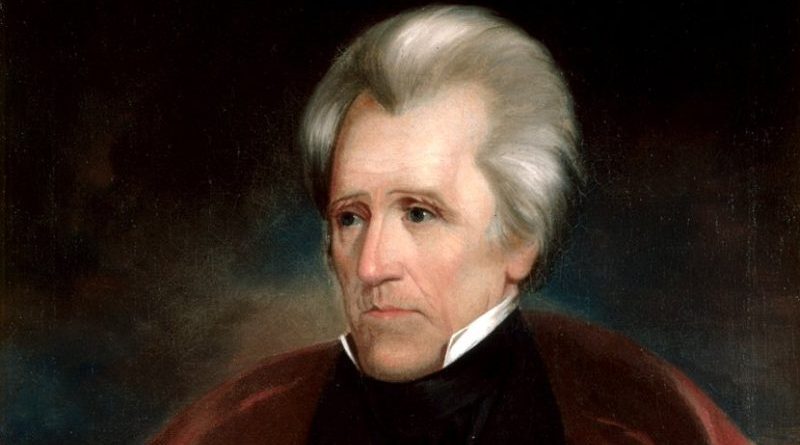Trump, Jackson, And The Deep State – OpEd
An article on CNN’s website says that Donald Trump’s criticism of the deep state is “a declaration of war on the federal government…” that will transform federal government employees into “an army of suck-ups.” It goes on to say, “Trump seeks to sweep away civil service protections that have been in place for more than 140 years. … His plans would eliminate or dismantle entire departments.”
The article relies on a 900-page “Project 2025 document,” even though it quotes a Trump spokesperson who says, “None of these groups or individuals speak for President Trump or his campaign… Policy recommendations from external allies are just that—recommendations.” But let’s consider those recommendations.
Readers of The Beacon will likely be sympathetic to dismantling entire departments within the federal government. The article is also critical of Trump’s suggestion that federal agencies be moved away from Washington.
Much of that criticism of moving agencies focused on the hardship it would put on agency employees who would have to move or be out of a job. But employers do this all the time. The federal government’s military personnel come to mind. From my own experience, my father worked for the General Electric Company when I was growing up and was frequently transferred. (I lived in five different states by the time I had reached 15 years of age.) I think that asking employees to move is a minor point, but the article made a big deal out of it, so it’s worth a comment.
The bigger issue is doing away with civil service job protections for federal employees. Those at the tops of agency hierarchies are already political appointees, and should Trump win the November 2024 election and follow through on what the article says are his plans, fewer federal employees would have the job security that comes with civil service employment–the job security that enables them to outlast presidential administrations that are term-limited.
One interesting aspect regarding the policies the CNN article says Trump favors is that they echo policies proposed by President Andrew Jackson, who was elected to the first of his two terms in 1828. I discuss this in Chapter 5 of my book, Liberty in Peril (all quotes from page 87). Jackson wanted to reduce the size of the federal government and “did away with the fledgling civil service system that existed when he was elected.”
Jackson’s reasoning for eliminating federal civil service jobs was two-fold. First, “He believed that the jobs were not so demanding that people of reasonable intelligence could not perform them and argued that more was lost by giving people a guarantee of continuing employment than was gained by retaining and experienced workforce.”
Second, Jackson thought that “Political appointments have a certain logic behind them, because if government workers perform poorly then incumbent politicians are more likely to lose the next election and those workers are likely to lose their jobs. Thus, political appointees have an incentive to make government look good.”
The CNN article is more conjecture than fact about Trump’s plans should he win the election. Looking at those conjectures about Trump’s attacks on the deep state, it is interesting to see how they parallel President Jackson’s views from two centuries ago. The CNN article is critical of the ideas it attributes to Trump, but two centuries ago, those ideas were political winners.
This article was published at The Beacon

